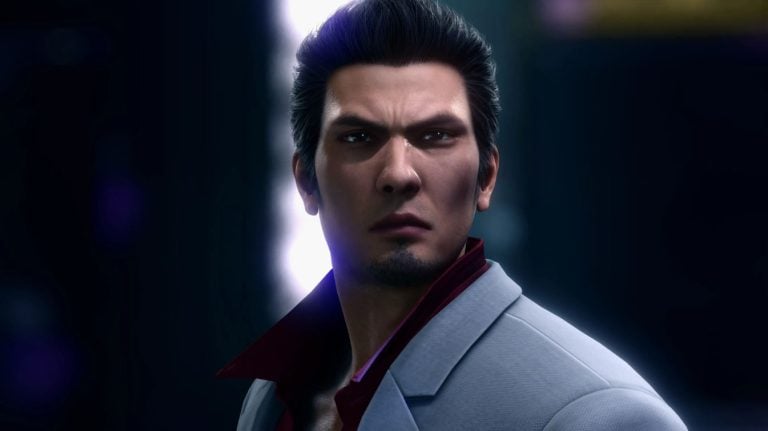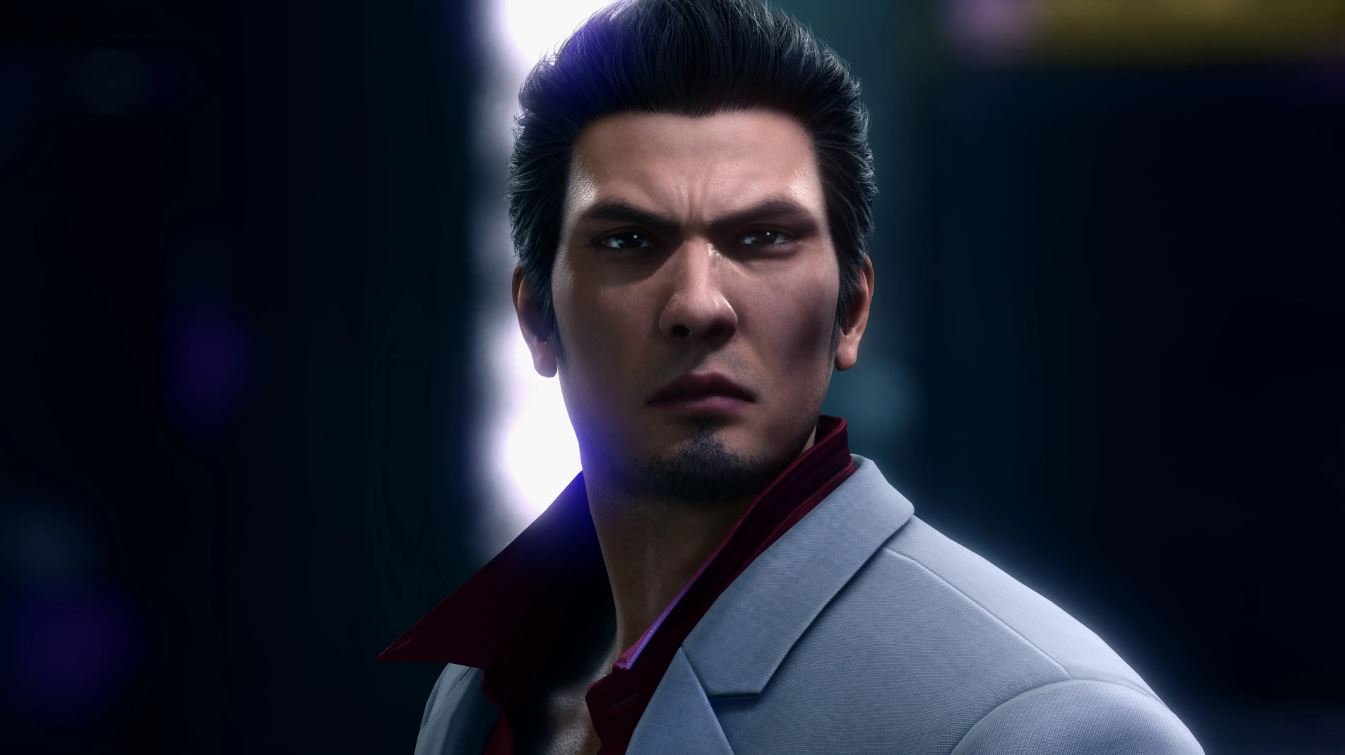Thick Thighs Save Lives
NeoGAF's Physical Games Advocate Extraordinaire

During last week's Nintendo Direct: Partner Showcase, SEGA's RGG Studio announced that Yakuza Kiwami and Yakuza Kiwami 2 will be coming to Nintendo Switch 2. The two ports are set to launch simultaneously on November 13. In the meantime, RGG Studio is also working on the brand new-title Stranger Than Heaven (previously known as "Project Century") and a new Virtua Fighter project.
Following the Nintendo Direct announcement, RGG Studio's technical director Yutaka Ito checked in on his personal X account to share a comment about the team's development style. "RGG Studio's programmers work on new releases, ports and remasters in one team. It's completely normal here for one person to be working on 3 or 4 titles at the same time, but other people in the industry get quite surprised when they hear about it. Both Kiwami and Kiwami 2 will be coming out on November 13 for the Switch 2, so please look forward to it!"
Although Ito specifically mentions programmers, RGG Studio's leads have previously talked about the one-team development style they use to efficiently work on multiple projects in parallel. "We look at making Like a Dragon Gaiden and Infinite Wealth as the same thing. If I'm in charge of a certain minigame for one title, I'll also be in charge of it for another title. This is how we categorize tasks across different projects. If a certain type of minigame involves a lot of physics work, one person will be in charge of them across all projects. If there's AI, one person will handle AI in all projects. As projects move along vertically, everyone is crossing over from one to the other horizontally."
Even though this has been RGG Studio's way of doing things since the Yakuza series' early days, it seems it's still unusual enough to earn surprised reactions from industry peers. According to executive producer Masayoshi Yokoyama's comments from this year, RGG Studio counts around 300 staff members, and around 70 to 80 people generally work on Like a Dragon games during the studio's busiest periods. Apart from the internal team dedicated to the Super Monkey Ball series, all other staff members move around freely between different franchises based on need, including working on multiple titles at once.
While it's uncommon in the industry, it seems this approach to development has been beneficial to RGG Studio, as they have barely felt the need to upsize their workforce throughout the Yakuza series' history. With additional work style reforms and a focus on simultaneous worldwide releases, they have also seen crunch culture decrease rather than intensify throughout the years.

Like a Dragon’s devs get spooked looks from industry peers when they say they juggle up to 3-4 titles simultaneously with one team - AUTOMATON WEST
RGG Studio technical lead Yutaka Ito talks about the studio's one-team development system that spooks fellow colleagues in the game industry.
 automaton-media.com
automaton-media.com
